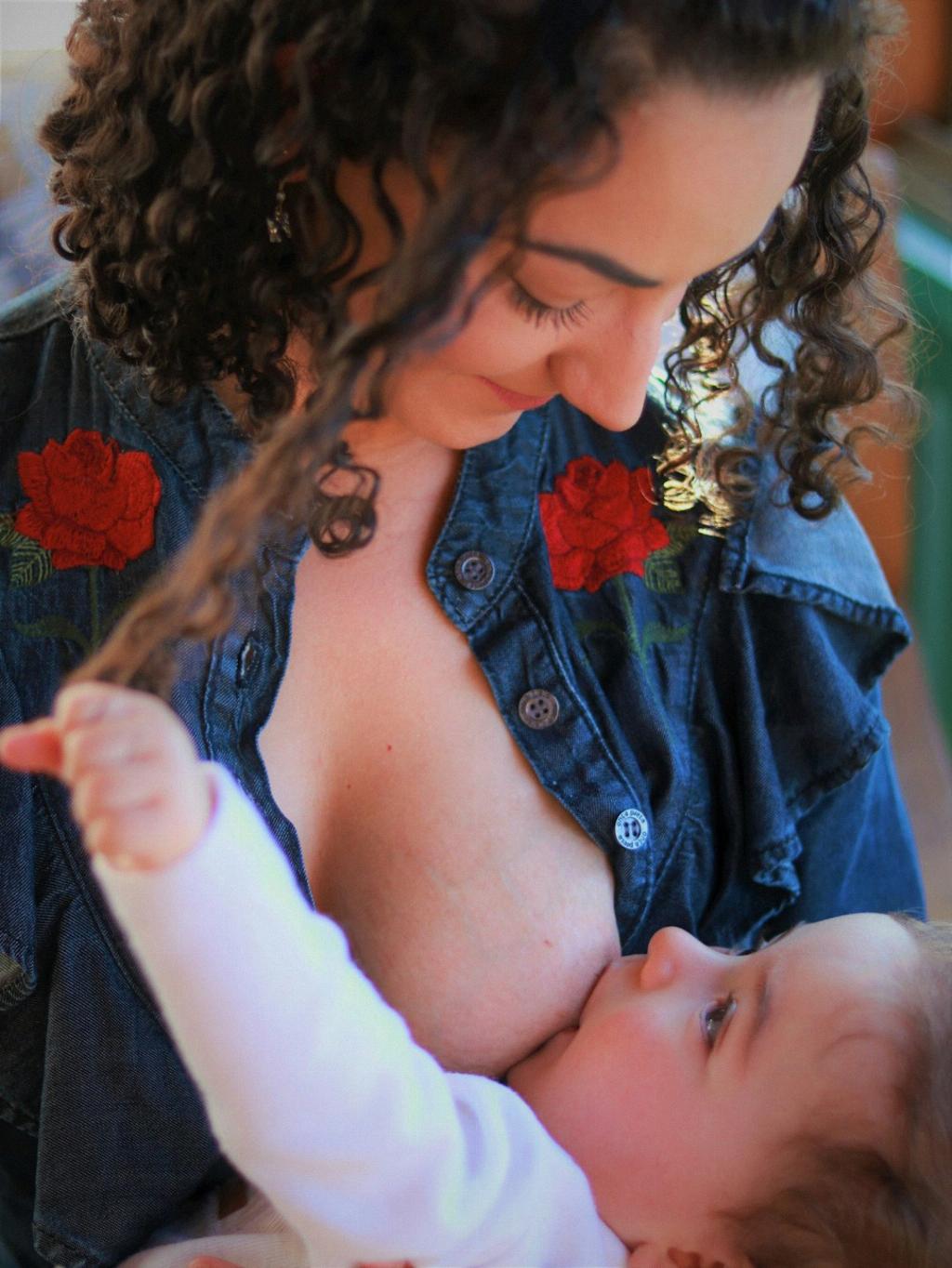When it comes to the question of whether a woman can breastfeed another woman, there are varying opinions and perspectives to consider. While the FDA does not explicitly prohibit cross-nursing, it does raise concerns about the potential risks involved in feeding a baby with milk from a source other than its mother. It is essential to prioritize the health and well-being of the infant in such situations.
Before engaging in cross-nursing, it is advisable to consult with a healthcare professional, such as a doctor, to assess the potential risks and benefits. While there may be some advantages to cross-nursing, it is crucial to proceed with caution and be informed about the implications of such a decision.
One of the primary concerns raised by the FDA regarding cross-nursing is the potential transmission of infections or diseases through breast milk. Since breast milk can carry pathogens, there is a risk of exposing the baby to harmful substances if the milk comes from a source other than the biological mother.
Additionally, factors such as medication use, diet, and overall health can impact the composition of breast milk. When a woman breastfeeds another woman’s baby, there is a possibility of introducing foreign substances into the infant’s system, which could have adverse effects on their health.
Despite the potential risks associated with cross-nursing, some proponents argue that there may be benefits to sharing breast milk between women. For example, in situations where a mother is unable to produce an adequate amount of milk, cross-nursing could provide the baby with essential nutrients and antibodies that contribute to their overall health and development.
It is essential to approach the topic of cross-nursing with sensitivity and understanding, recognizing that each situation is unique and that the well-being of the child should be the top priority. While there may be instances where cross-nursing is considered beneficial, it is crucial to weigh the potential risks and benefits carefully.
Ultimately, the decision to breastfeed another woman’s child should be made with careful consideration and consultation with healthcare professionals. It is essential to prioritize the safety and health of the infant while also being mindful of the potential implications of cross-nursing on both the baby and the breastfeeding woman.
In conclusion, while the FDA does not explicitly prohibit cross-nursing, there are concerns about the potential risks involved in sharing breast milk between women. Before engaging in such practices, it is crucial to seek guidance from healthcare providers and understand the implications of cross-nursing on the health and well-being of the baby.

